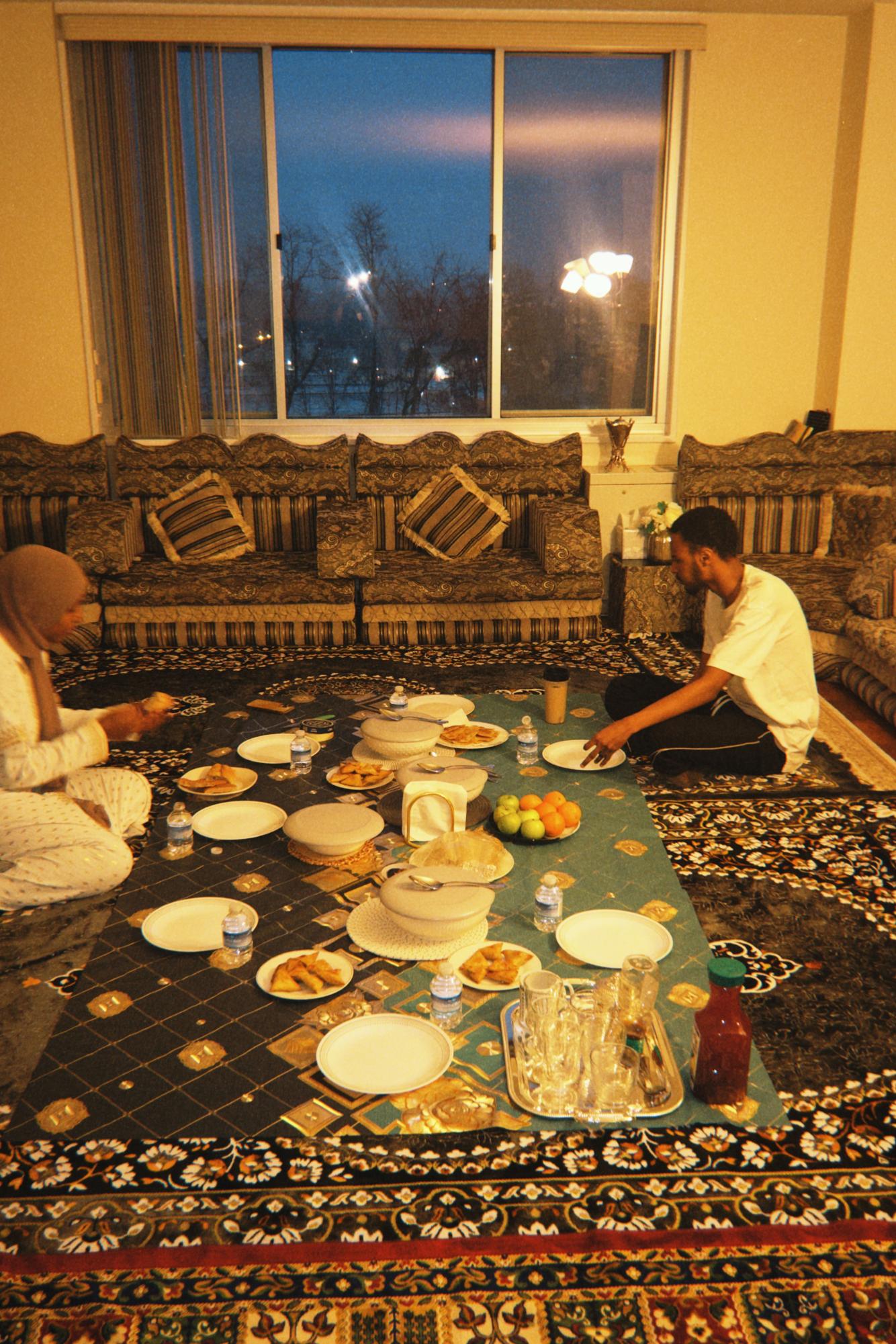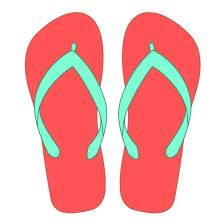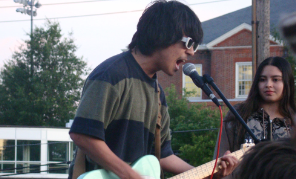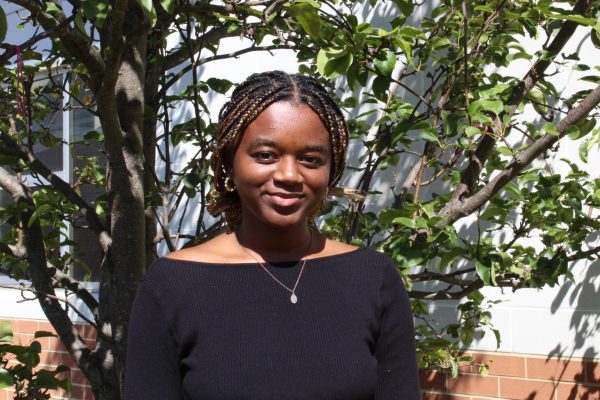Around the world, Muslims await the coming of the ninth hilal (crescent moon) in the Islamic calendar marking the beginning of Ramadan; a time for early waking, late night praying and the overall reverence for something bigger than yourself.
The holy month commemorates Lailat al-Qadr (The Night of Power) when the Qur’an, the holy book of Islam, was first revealed to the Prophet Muhammad (PBUH).
“The last 10 days of Ramadan is Lailat al-Qadr, and we can ask for forgiveness, but Ramadan is about getting closer to God, self control and patience,” freshman co-Muslimah Union club founder Rabia Ahmadzai said.
Ramadan is widely regarded as one of the holiest months of the year. Central to it is fasting and prayer. These are two of the five pillars of Islam: shahada (the declaration of faith), salah (prayer), zakat (charity), sawm (fasting during Ramadan) and Hajj (pilgrimage to Mecca). Junior and social media manager for Muslim Student Association (MSA) Mirnan Elag has found fasting to be an important focus in her life, especially during this time of the year.
“Sawm is my favorite pillar of Islam because it’s a way to develop self discipline, grow spiritually and empathize with those who are less fortunate,” Elag said.
During Ramadan, Muslims do not eat or drink from sunrise to sunset unless they are sick, pregnant or are children who have not reached puberty. A day-in-the-life of a given Muslim during Ramdan entails waking up around 5 a.m. for suhoor (the pre-fasting meal). Suhoor is meant to be a sustaining meal eaten before fajr, the morning prayer during Ramadan that begins the fast.
Though it can be trying, the act of overcoming the desire to sleep-in is part of the tenacity that is instilled during Ramadan. MSA vice president, senior Essil Ezzoug keeps this in mind when waking up for suhoor.
“You know you’ll regret it deeply later if you don’t get up to eat,” Ezzoug said. “I did that once and I was eating myself up the whole day for not getting that extra sip of water.”
Once the sun has set, it’s time for iftar. This is the meal that is used to break one’s fast during the holy month. Since they have gone without food and water for more than 10 hours, it’s usually quite the affair.
“During Ramadan a lot of mosques hold iftar parties. It’s basically when Muslims come to break their fast at the end of the day. It’s like a potluck with all this amazing and delicious food. You just break your fast with neighbors and community members and that’s alway really fun because you can also chit chat with your friends,” Elag said.
Even still, not everyone can carve out the time to sit down and have a full meal to break their fast. Athletes like MSA member, junior Mohammed Ali Khandwalla have to compromise here and there.
“I’m a swimmer so I fast during the day and after school I get to the pool, train for a few hours and break my fast with three dates. It’s hard but it’s all in faith,” Khandwalla said.
Behind the seemingly excruciating and grueling task of fasting is faith in God. Remaining steadfast in faith and grateful for what’s given to you grants a degree of peace also allowing muslims to keep things in perspective.
“At the core of Islam, it’s about protecting people and promoting peace and love. So Ramadan comes when you most need it,” Ezzoug said.









